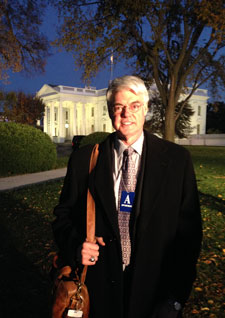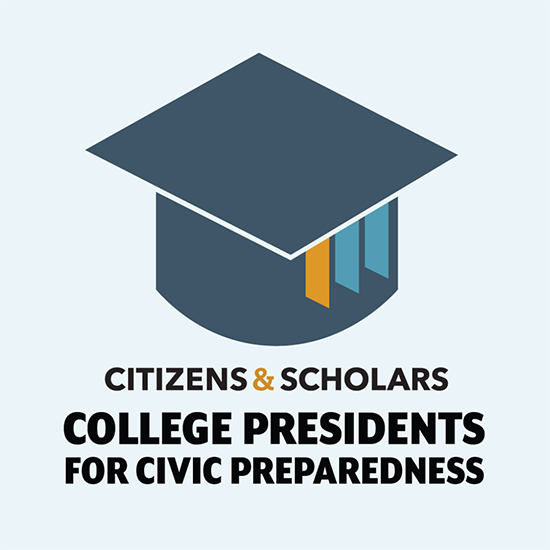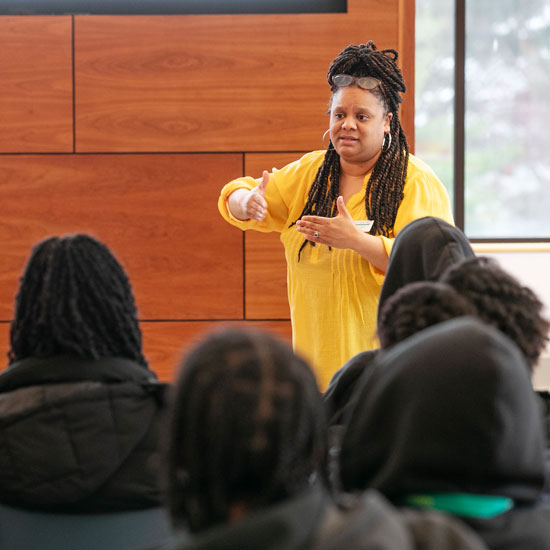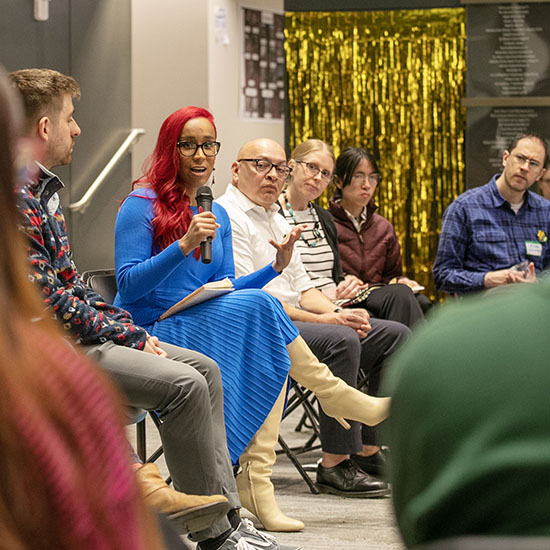At White House Summit, Glotzbach pledges to double SEE-Beyond awards

Philip A. Glotzbach
Skidmore President Philip A. Glotzbach joined more than 100 other college presidents and leaders in business, government and philanthropy at the White House on January 16 for a meeting focused on exploring new ways to increase opportunities for low-income and historically underserved students.
All of the presidents who attended pledged in some way to make their campuses more accessible. A sampling of these initiatives is posted here.
Skidmore’s Opportunity Program (OP) — which traces its roots back to 1969— is regarded as a national model, being among the first programs to place equal emphasis both on increasing access and ensuring academic success through a rigorous summer experience prior to the start of students’ college experience and a comprehensive program of academic counseling and support. The 40 new OP students who are admitted each year consistently achieve graduation rates between 88 and 100 percent, typically exceeding the 86 percent graduation rate for Skidmore students. OP students last fall achieved an average GPA exceeding 3.2.
In recent years, the College has expanded this effort by taking steps to ensure that low-income and historically underserved students can take advantage of the full range of academic experiences that Skidmore offers. For example, Skidmore changed its policies to ensure that financial aid awarded to these students can be used to fund study abroad.
In addition, with funding from the Andrew W. Mellon Foundation, the College created a new category of grants to help students link academic interests with post-graduate goals by way of an applied summer experience. At $4000, these SEE-Beyond (Summer Educational Experiences – Learning Beyond the Campus) stipends are substantial and appeal to low-income students who otherwise are likely to feel obligated to take summer jobs that have no connection to their academic studies or career aspirations.
As Skidmore’s new initiative, Glotzbach committed the College to doubling the number of SEE-Beyond stipends from 20 to 40 over the next three to five years.
“As important as it is to give admission, financial aid, and counseling to promising students, there’s more we must do,” Glotzbach noted. “We need to ensure that they can take advantage of the full range of programs we offer to help students explore new academic interests and establish trajectories toward successful careers.”
Glotzbach called the meeting “an important sign that the national conversation is
turning back to access”, noting that both President Barack Obama and Michelle Obama spoke to the importance of the educational opportunities from which they’ve benefited
in their own lives.
“It has to,” he continued. “If you’re a teenager in a family that’s in the lowest
income quartile in this country, your chances of graduating from college are approximately
nine percent. If your family is in the highest quartile, your chances are closer to
90 percent. That’s a disparity that we as Americans cannot and should not accept.
It also represents, as President and Mrs. Obama have argued, a terrible waste of intellectual
and creative resources that we need to improve the future of our nation and our world.”
As part of its current 10-year Strategic Plan, Skidmore has more than doubled its financial aid budget, which now exceeds $39 million annually and provides support to more than 1,000 students.
That investment has enabled the College to increase the percentage of Pell-eligible students attending Skidmore from 15 percent to 17 percent. It also has ensured that Skidmore students could graduate with manageable debt. Average indebtedness for all Skidmore students who borrowed and graduated in 2012 was $22,753. That compares in the same year to average indebtedness of $25,737 for New York public and private non-profit colleges and universities and $27,850 for public and private non-profit colleges and universities nationally.


